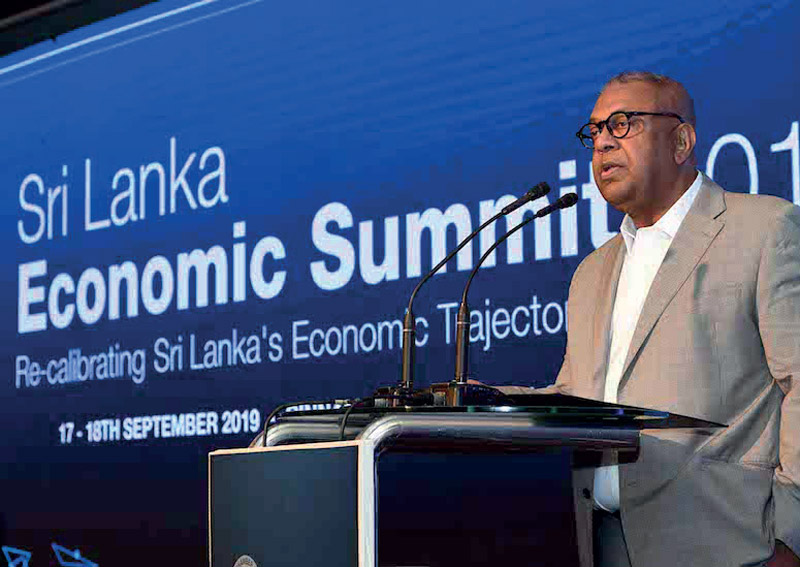Sunday Feb 22, 2026
Sunday Feb 22, 2026
Friday, 27 August 2021 00:00 - - {{hitsCtrl.values.hits}}

By National Peace Council
The untimely demise of Mangala Samaraweera is a grievous cause of sorrow to those who knew him and a great loss to those who shared his belief in a country in which there are equal rights to all. The late minister passionately believed in a Sri Lanka that was united and belonged to all in equal measure irrespective of ethnicity, religion, caste or gender.
We at the National Peace Council remember Minister Mangala Samaraweera for championing a political solution to the ethnic conflict like we do. He believed in obtaining people’s support for the peace process and sought to share his vision with them and on a large scale through the Sudu Nelum (White Lotus) movement that he led.
In these trying times we especially remember the late Minister for upholding the right to be different and to dissent. Ultimately it is the ability to tolerate and accept dissent, and safeguard the space for it, which marks a democratic society and leadership. It is through difference and dissent that all aspects of the truth may emerge to provide for a better solution to be found.
During his political career Mangala changed political parties but stood true to the same set of values and principles in each one of them. He worked with all major leaders across the Sri Lankan political spectrum throughout his 30-year political career making his own contributions to the many positive and significant changes that took place under his watch. He also maintained lasting relationships with a wide range of decision makers in the international community who recognised his values and what he stood for.
When he withdrew from contesting in the last general elections, many felt that he was fighting a losing battle, as the country was not ready to accept his vision for a peaceful Sri Lanka. But in starting a new people’s movement ‘Radical Centre’ led by a group of professional, entrepreneurial and multi-ethnic youth he demonstrated his faith that people were no different from him in their liberality of spirit, including in the predominantly Sinhala Buddhist electorate of Matara that voted him repeatedly to parliament and also in the other parts of the country.
May his spirit accompany and give us courage throughout the journey that lies ahead.
(The National Peace Council is an independent and nonpartisan organisation that works towards a negotiated political solution to the ethnic conflict in Sri Lanka. It has a vision of a peaceful and prosperous Sri Lanka in which the freedom, human rights and democratic rights of all the communities are respected. The policy of the National Peace Council is determined by its Governing Council of 20 members who are drawn from diverse walks of life and belong to all the main ethnic and religious communities in the country.)